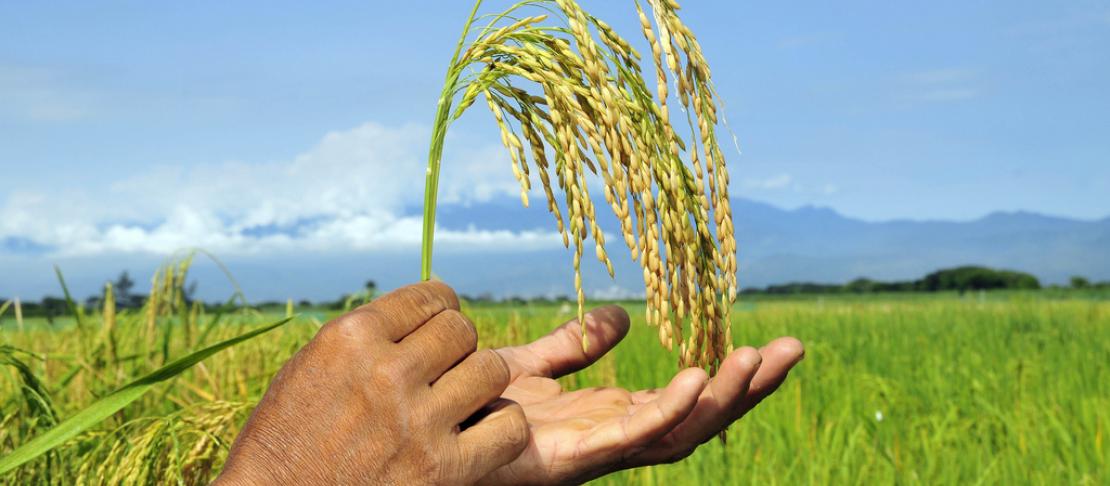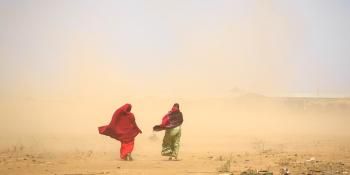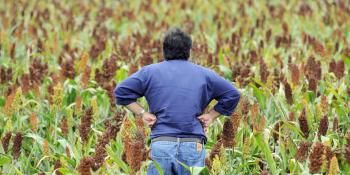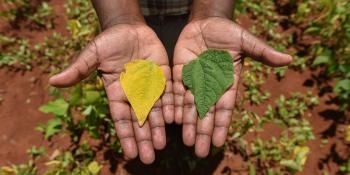TO DOs for keeping agriculture on the global climate agenda

2015 is the year to ensure that agriculture features in upcoming climate deals. Here is why.
It may raise a few eyebrows for anyone to claim that “the time is now” regarding any climate concern. This is especially true if you consider the frustratingly slow process of negotiating and implementing any climate change prevention or adaptation measures.
Nonetheless, the time is now. Anette Engelund Friis, Head of Program Coordination for the CGIAR Research Program on Climate Change, Agriculture and Food Security (CCAFS), shares her vision for agriculture in a new climate agreement, and outlines the steps to make this a reality.
In a piece published on the Huffington Post, Anette argues that there are two opportunities in particular, which must be seized if agriculture, and especially the needs of smallholder farmers, will be considered in a global climate change deal:
First, we have a series of submissions and workshops on agriculture mandated under SBSTA – the subsidiary body for scientific and technical advice, which marshals scientific evidence to support country decisions in the UN Framework Convention on Climate Change (UNFCCC). These present a tremendous opportunity to discuss many of the issues that have been at the core of the concerns about agriculture and climate change. They will feed into negotiators’ briefs and inform their decisions.
Second, we now see agriculture mentioned in the draft negotiating text under ADP – the Ad Hoc working group on the Durban Platform. It’s small, it’s imperfect, but it’s there. And this is a first because agriculture had not featured in the negotiations to date. This must be pushed and built upon.
For five TO DO suggestions to keep agriculture on the agenda, read Anette’s original article Seizing the Opportunity for Agriculture in a New Climate Change Deal (published in Huffington Post, 3 June 2015).
LEARN MORE ABOUT AGRICULTURE IN THE NEGOTIATIONS
Access A Guide to Negotiations on Agriculture and Climate Change
Anette Engelund Friis is Head of Program Coordination at the CGIAR Research Program on Climate Change, Agriculture and Food Security (CCAFS).
David Valentin Schweiger is Communications and Outreach Assistant at the CCAFS Coordinating Unit in Copenhagen.
To follow progress on agriculture at SBSTA June 2015 please have a look at our blog series, and follow @cgiarclimate on twitter.



